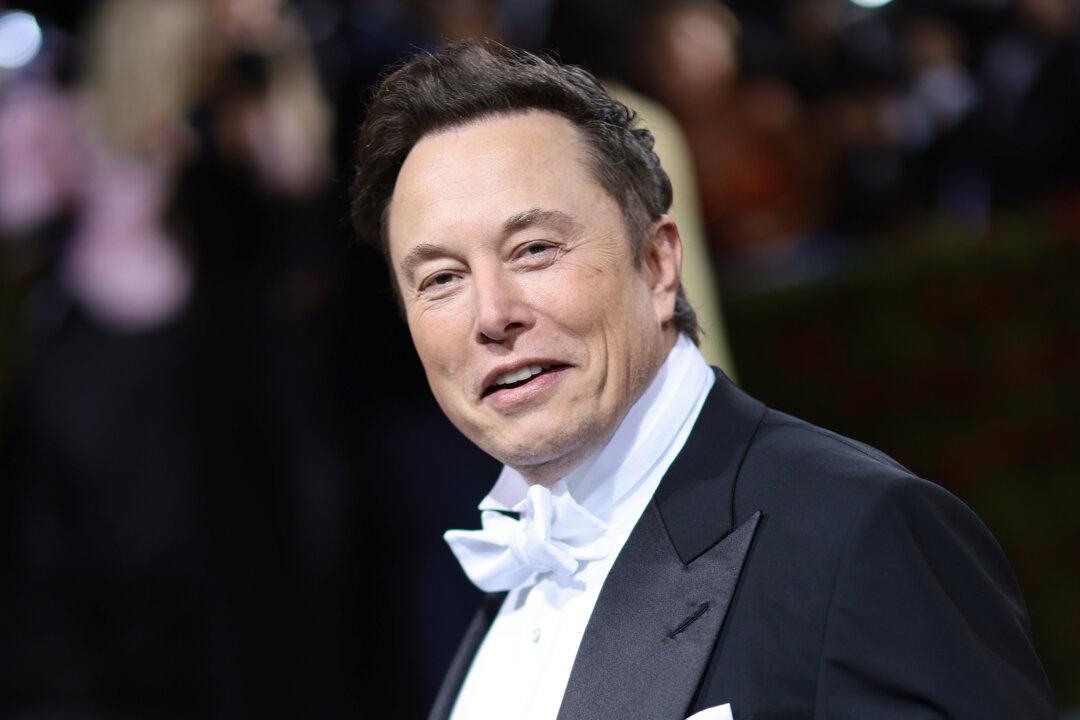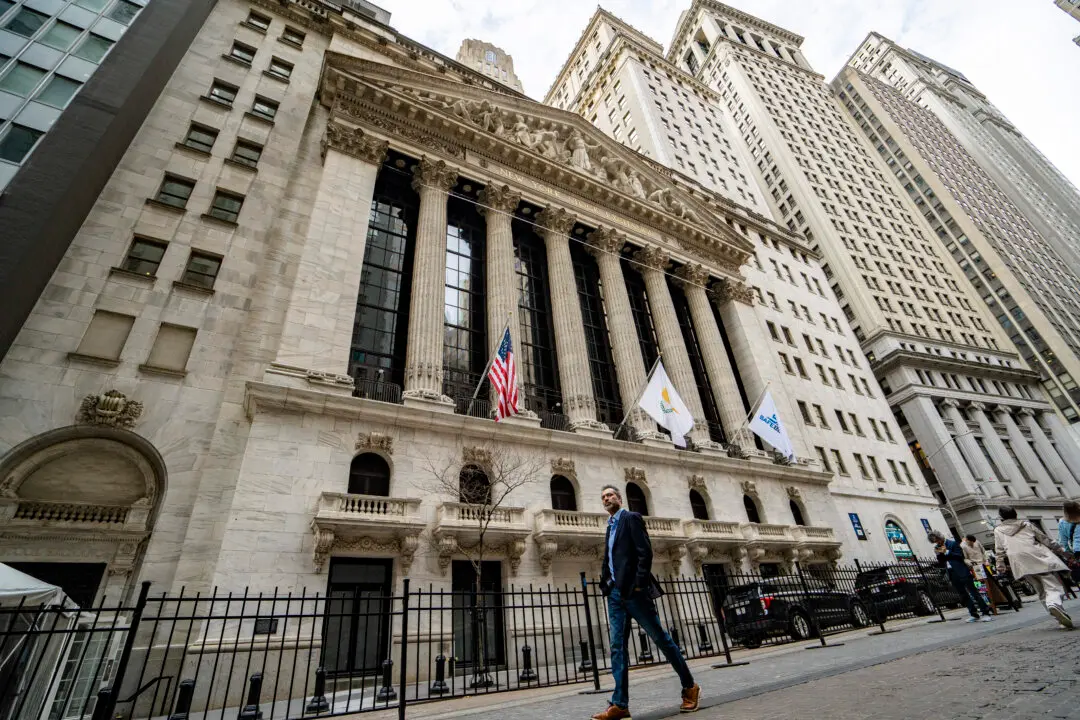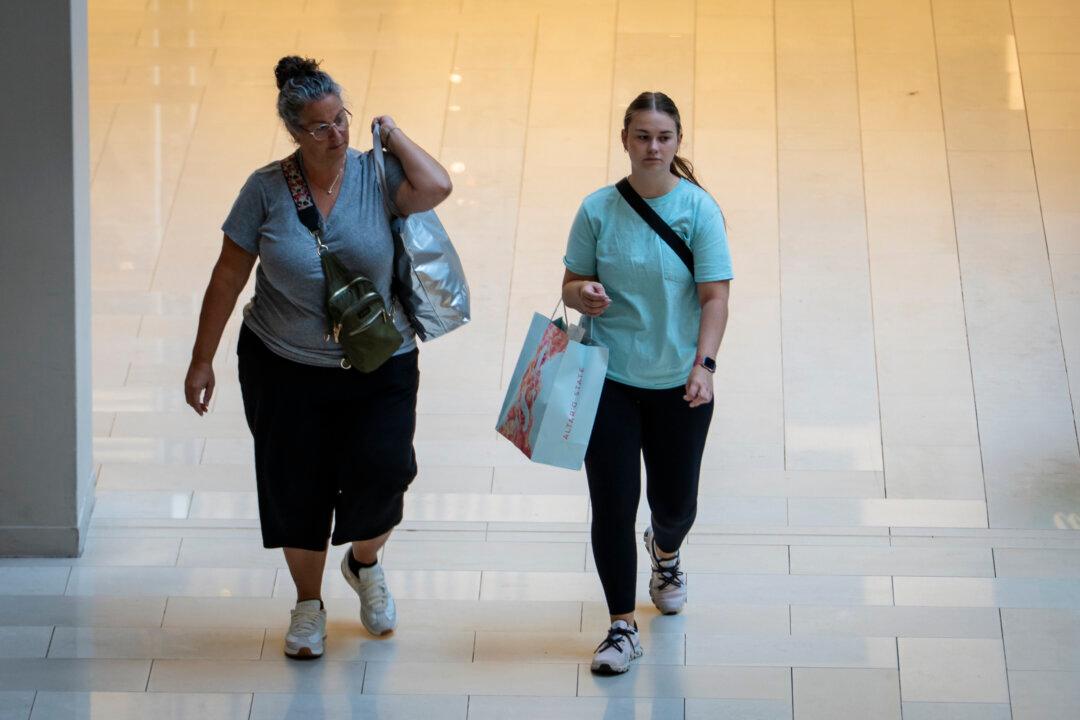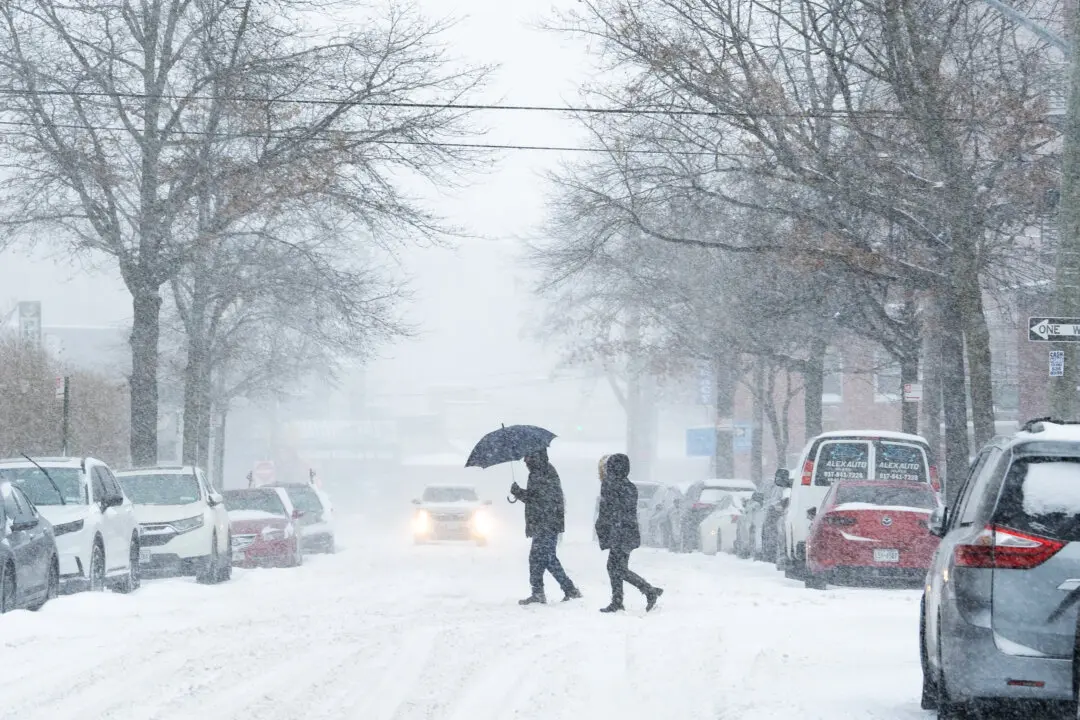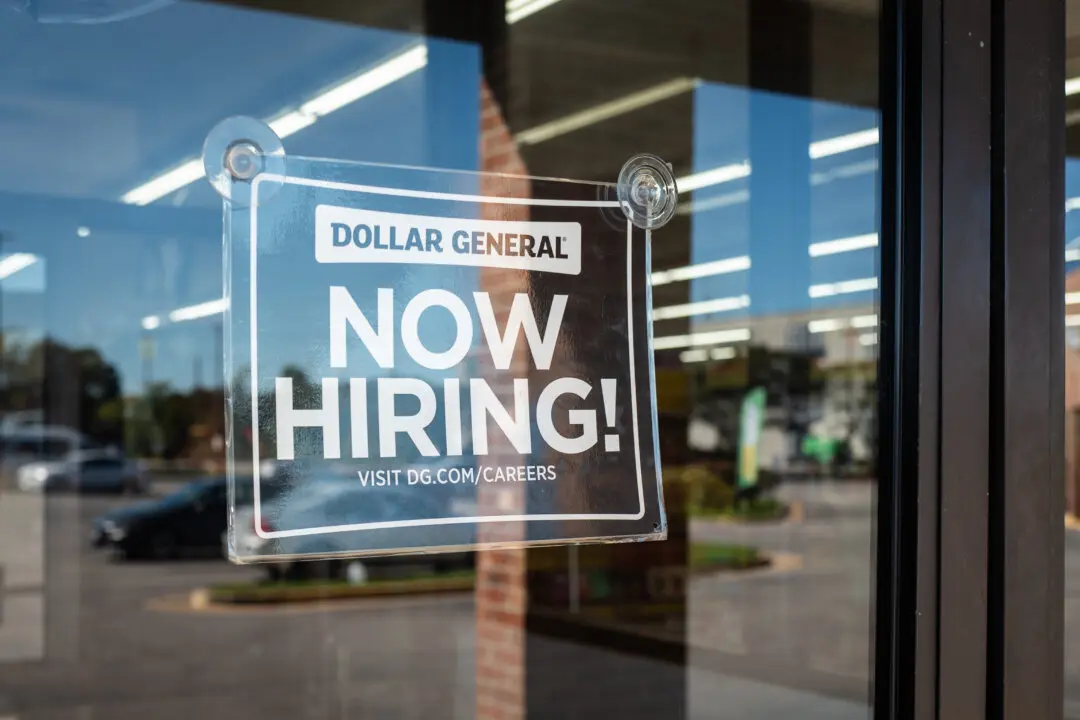Twitter shares tumbled again after Elon Musk said that his $44 billion purchase of the social media platform “cannot move forward” until there is more clarity on the website’s spam bots.
“My offer was based on Twitter’s SEC filings being accurate,” Musk wrote on Twitter Tuesday. “Yesterday, Twitter’s CEO publicly refused to show proof of <5%. This deal cannot move forward until he does.”
